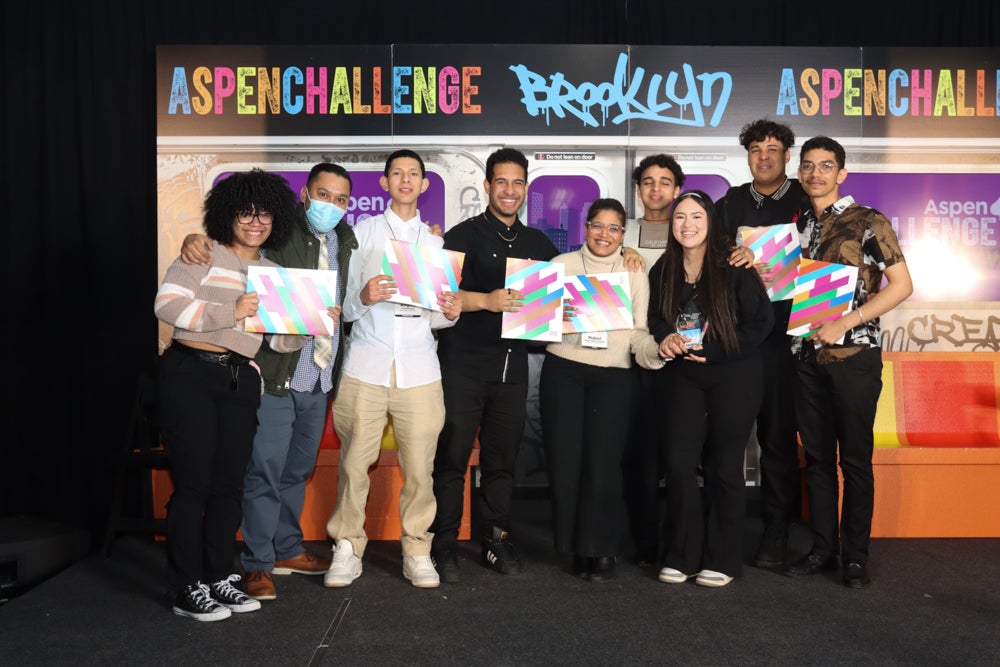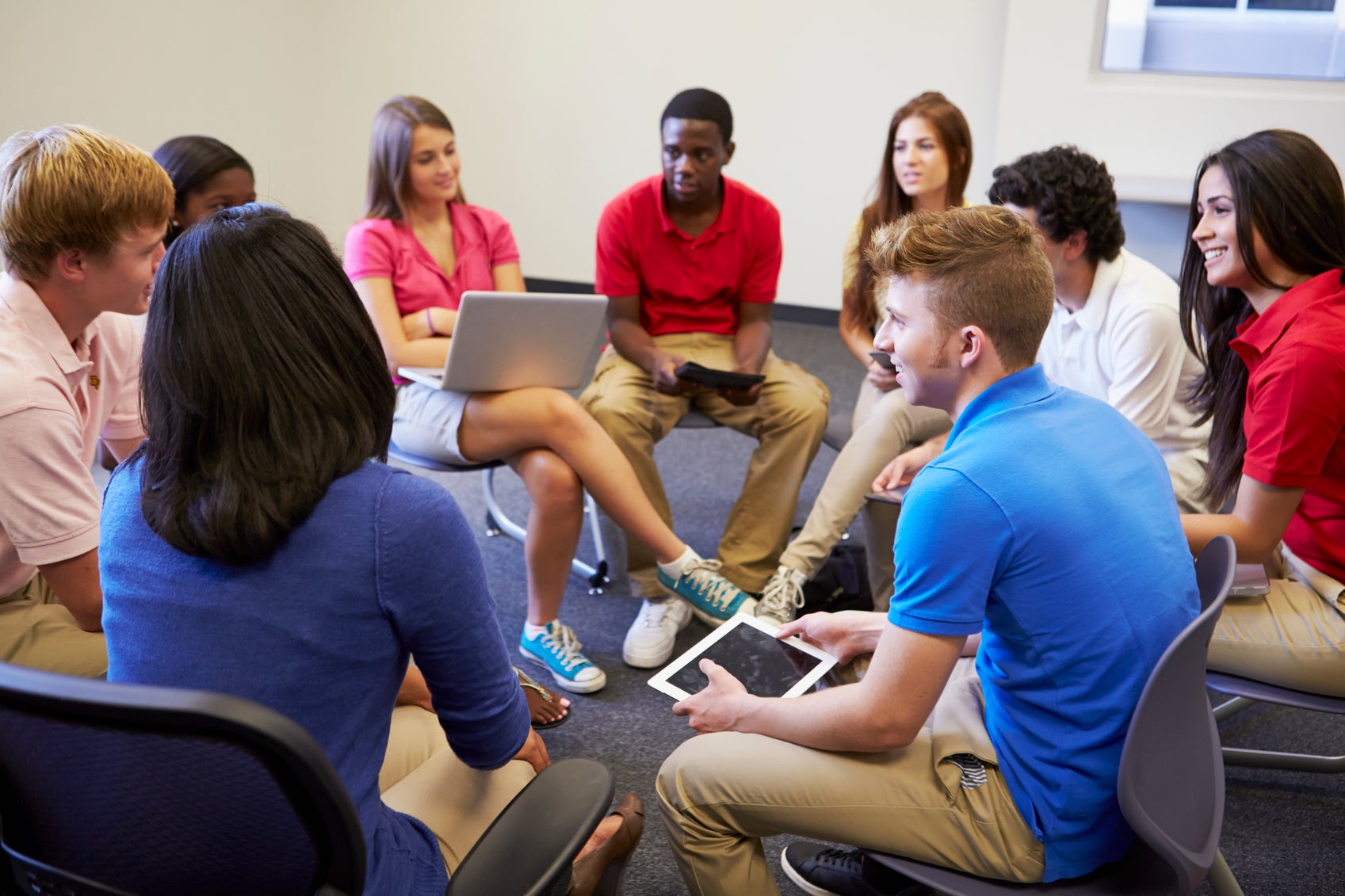![]() I’m not one of those foodies who takes tantalizing pictures of everything she eats, but this was just too good not to share. I’m having gorgeous slices of handmade baqlawa for lunch. You probably know it as baklava, made famous by the Greeks, but this stuff is most definitely baqlawa—Arabic baqlawa. Distinguished by its notes of rosewater and its punchy, sugar-syrup sweetness. My neighbor left it on my doorstep the other day, and I think I might be in heaven.
I’m not one of those foodies who takes tantalizing pictures of everything she eats, but this was just too good not to share. I’m having gorgeous slices of handmade baqlawa for lunch. You probably know it as baklava, made famous by the Greeks, but this stuff is most definitely baqlawa—Arabic baqlawa. Distinguished by its notes of rosewater and its punchy, sugar-syrup sweetness. My neighbor left it on my doorstep the other day, and I think I might be in heaven.
It’s been years since I ate this dessert, which lines the bakery windows in downtown Amman and fills the street with the smell of wedding parties. It’s incredibly rare in Southern Utah, where I live now, to encounter a person who actually knows how to make the stuff—but it just so happens that I live right next to one. My neighbor, Jameela, is from Iraq. I’ve lived next to her for the past six months and I had absolutely no idea. This fact matters more to me than your average person because I spent six years living in the Middle East. Jameela and I might be the only two women in this entire town who could have a conversation in Arabic, and it took me half a year to figure that out.
It’s more than a little embarrassing to relate this fact. It’s not that I’d never seen her before. Nor even that I’d never spoken to her. But despite dozens of encounters as we each unloaded our groceries out of cars parked no more than five feet apart, I had never taken the time to actually talk with her. Until recently.
In January I resolved to make 2019 my year to reconnect. I’ve come to believe that the roots of our current national crises of polarization, fragmentation, and loneliness are actually buried deep in our daily choices about how we spend our time and structure our lives. So I’m embarking on something of a personal journey to see what it might look like to make meaningful change—not in “America,” some mythical place outside of myself—but in my own life, my own family, my own neighborhood, and my own community.
My first goal has been to spend fifteen minutes per day of dedicated time reaching out to friends and extended family—making it a priority rather than something I constantly put off for “when I have time.” So far this has taken the form of writing emails to people I haven’t spoken to in ages, calling old friends just to catch up, and taking a moment to actually send thoughtful, engaged replies when people send me a note or a text. Recently I decided to experiment with a new tactic: Whenever the opportunity to talk with someone naturally came up, I’d take the time to follow it where it led. Instead of minimizing the interaction, I’d maximize it. These behaviors might seem minuscule, but my husband is a habit formation coach, and he’s indoctrinated me with the idea that starting small yields big results. And as I relish my third slice of baqlawa, I’ve decided I’m a true believer.
As I’ve thought more and more this month about time pressure and busyness as Enemy Number One of connection, I’ve been trying to catch myself engaging in imagined time pressure and feigned busyness, which are the most sinister versions of this ridiculously bad cultural habit. In my life, it looks something like this: I pull into my driveway and while unloading my daughter from her car seat and gathering up her backpack and lunch box, my neighbor pulls into her driveway—again, not five feet away. Dutifully checking the “good neighbor” box in my mind, I wave or offer a friendly “hi!” or, on a good day, say, “how’s it going?” And Jameela, being the good American neighbor that she is, responds with an equally smiley but equally brief, “fine!” And we all hurry inside and move on with our very pressing engagement of sitting on the couch and deciding what to make for dinner.
But the other day, as I started to move toward the door, I stopped myself. Remembering my resolution, I asked Jameela with a greater degree of sincerity how she was doing. I noticed she was carrying bags from a local restaurant that I like—the only one in town that serves Middle Eastern fare. I mentioned that I really enjoy that place because I had spent so much time in the region. “Really,” she said, “where?” “Jordan,” I replied. “I’m from Iraq,” she said. “And I own that restaurant!”
Before long we were speaking in Arabic, and the ice that had encapsulated our previously stilted interactions seemed to melt away. Soon she was telling me about her siblings who had served as combat translators during the war, that she was a Chaldean Christian who at some point had converted to Mormonism, and that she had first lived in Detroit but moved to Utah to offer her kids a safer childhood. I was trying my hand at Arabic phrases I hadn’t used in years and relating how deeply life-changing my time in Jordan had been. And just like that, we were friends.
A few times since then I’ve run into Jameela’s husband, an American guy named Dave who I can tell has a good heart but whose behavior toward me up to that point had, frankly, bordered on curmudgeonly. He’d basically stood there and watched—again, not five feet away—the day we hauled all our boxes in from the moving truck; and in the most extensive interaction we’d ever had, he lectured me about how I shouldn’t let my daughter play outside in the front yard alone, even if the front door was wide open and I was right inside. But now, every time he sees me, he greets me with a huge smile and calls me “sweetheart.” “What are the chances?” he keeps saying. “I just can’t believe you speak Arabic.” It’s like all this time we had been members of the same secret club. He’s now taken to buying my daughter presents and leaving plates of homemade baqlawa on my doorstep.
Jameela now has an ally in a country where it isn’t exactly easy to be an Arab. And I now have a neighbor who will look out for my daughter’s safety as she plays in the yard. And all it took was fifteen minutes of my time. How sweet it is.

